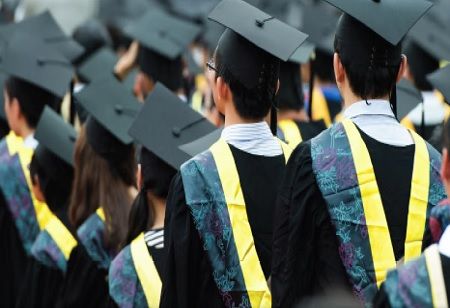- PM & Education Minister Dr. Harini Amarasuriya chaired a meeting on drafting a new National Higher Education Policy.
- Committee stressed rethinking outdated legal frameworks and creating a transparent, quality-driven regulatory system.
- Experts emphasized aligning higher education with innovation, global standards, and national development goals.
The National Higher Education Policy Development Committee recently met at the Ministry of Education with the patronage of Prime Minister and Minister of Education, Higher Education, and Vocational Education, Dr. Harini Amarasuriya. The talks were about the imperative to come up with a holistic National Policy for the higher education sector that would be a reaction to emerging trends as well as the changing demands of the nation and meeting with international standards as well as national development agendas.
During the session, Dr. Amarasuriya emphasized that there is a need to rethink existing policies, especially legal and regulatory frameworks, that control higher education. She said many of these frameworks were developed in the past and no longer serve to respond to challenges and needs of the contemporary era.
The appeal was based on the understanding that the landscape of higher education needs to be responsive, inclusive, and future-looking if it is to fulfill the ambitions of students and the country alike. Among the pivotal areas of debate was the need to establish an open, transparent, and quality-oriented regulatory system common to all higher education institutions, both public and private.
Also Read: Digital Education Week 2025 Launched in Hong Kong to Champion EdTech
The Minister stressed that such a framework, while ensuring academic standards, had to create firm connections between higher education, innovation, and the broader aims of national development. She also underlined the necessity of anchoring reforms at the grassroots level, ensuring diverse stakeholders' voices contributed to policy advice and that the new national policy responds to realities on the ground.
The conference also highlighted the importance of the sector in maintaining a global competitive edge, aligning education priorities with international standards while keeping eyes open to local requirements and cultural nuances. By achieving this, the nation can develop an innovative and responsive system that prepares graduates for the skills needed in an ever-changing world.
Additional Secretary (Non-Government Higher Education) H.D. Chandima Janaki, along with a large group of university professors, lecturers, and education experts, participated in the deliberations. Their inputs reflected a collective commitment to building a robust and forward-looking framework for higher education that will support the country’s long-term socio-economic progress.

